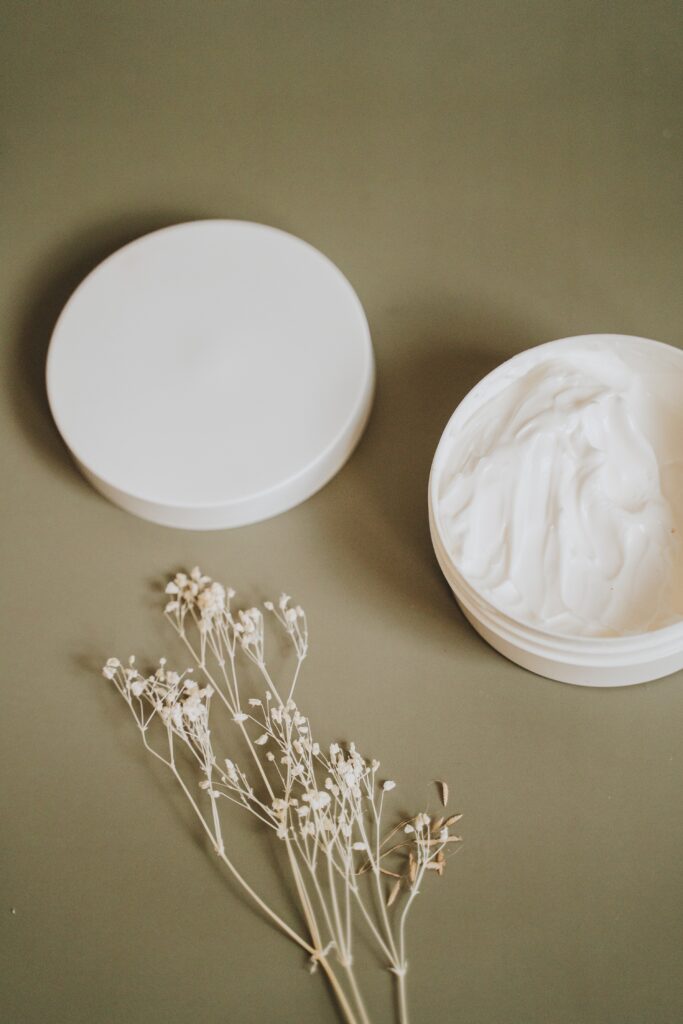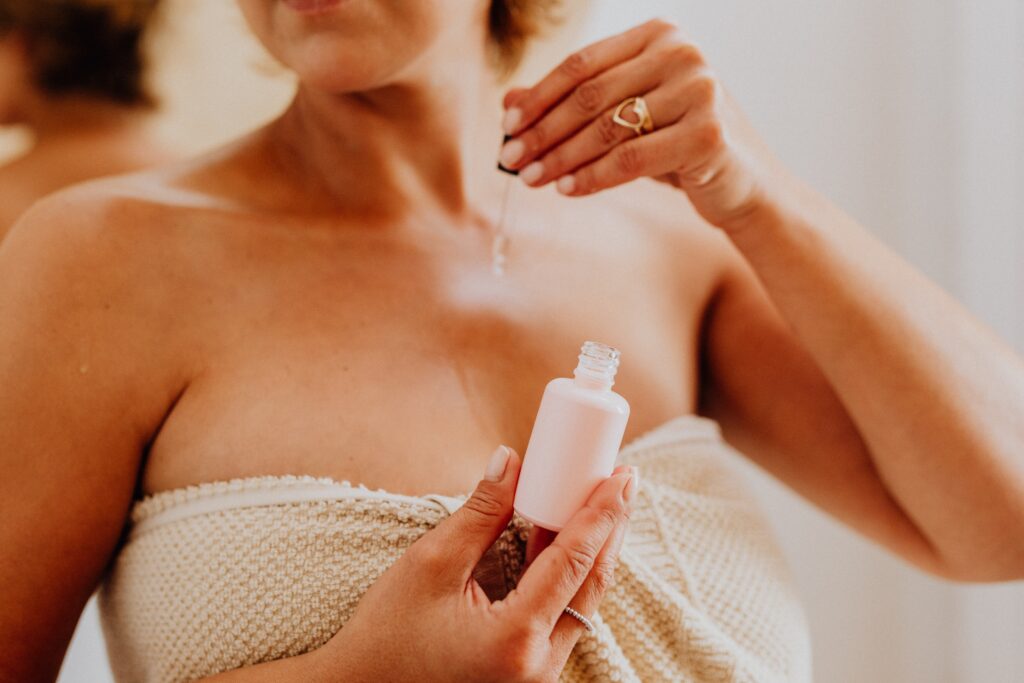Your Skins Health And The Ingredients You Use On It

Your skin is the largest organ of your body, and it is also the most exposed. Every day, your skin is exposed to pollution, UV rays, and other environmental stressors that can damage it. The products you use on your skin can play a significant role in maintaining its health, and it’s essential to be mindful of the ingredients you use on it. In this blog, we will discuss the importance of skin health and the ingredients you should use on it.
Why Is Skin Health Important?
Skin health is essential for various reasons. Firstly, it protects your body from external elements and helps regulate your body temperature. It also plays a crucial role in your immune system by preventing the entry of harmful bacteria and other pathogens. Secondly, your skin affects your appearance and can impact your self-esteem. When your skin looks healthy, you feel more confident and attractive. Lastly, skin health can impact your overall health. Certain skin conditions, such as eczema, can be a sign of an underlying health issue.
Ingredients to Use on Your Skin
When it comes to skincare products, there are numerous ingredients to choose from. However, not all ingredients are created equal, and some can be harmful to your skin. Here are some ingredients you should consider using on your skin:
- Hyaluronic Acid: This ingredient is a powerful humectant that can hold up to 1000 times its weight in water. It can help keep your skin hydrated, plump, and supple.
- Retinoids: Retinoids are derivatives of Vitamin A and can help reduce fine lines and wrinkles, improve skin texture, and reduce hyperpigmentation.
- Niacinamide: Niacinamide is a form of Vitamin B3 and has numerous benefits for your skin. It can help reduce inflammation, improve skin texture, and reduce hyperpigmentation.
- Vitamin C: Vitamin C is an antioxidant that can help protect your skin from environmental stressors, boost collagen production, and brighten your skin.
- Peptides: Peptides are short chains of amino acids that can help boost collagen production, improve skin texture, and reduce the appearance of fine lines and wrinkles.
Ingredients to Avoid
Just as there are ingredients you should use on your skin, there are also ingredients you should avoid. Here are some ingredients to be wary of:
- Fragrance: Fragrances are often used in skincare products to make them more appealing. However, they can be irritating to your skin and cause allergic reactions.
- Sulfates: Sulfates are often found in cleansers and can strip your skin of its natural oils, leading to dryness and irritation.
- Parabens: Parabens are preservatives often found in skincare products. They have been linked to hormonal disruption and are best avoided.
- Alcohol: Alcohol is often found in toners and can be drying and irritating to your skin.
In addition to using the right ingredients on your skin, it’s also essential to follow a consistent skincare routine. This includes cleansing, toning, and moisturizing your skin daily. Exfoliating your skin regularly can also help remove dead skin cells and improve skin texture.

Skin Type
When selecting skincare products, it’s essential to consider your skin type. If you have dry skin, look for products that contain hydrating ingredients such as hyaluronic acid and glycerin. If you have oily skin, opt for products that are lightweight and non-comedogenic to prevent breakouts.
If you have sensitive skin, look for products that are fragrance-free and contain soothing ingredients such as aloe vera and chamomile.
It’s also important to note that natural doesn’t always mean better. Just because a product contains natural ingredients doesn’t mean it’s safe for your skin. Some natural ingredients can be irritating to your skin, such as citrus oils and lavender oil.
It’s crucial to protect your skin from the sun’s harmful UV rays. Use a broad-spectrum sunscreen with at least SPF 30 daily, even on cloudy days. Wearing protective clothing such as hats and long-sleeved shirts can also help protect your skin from the sun.
Skin Test
It’s important to keep in mind that everyone’s skin is unique, and what works for one person may not work for another. If you have sensitive skin or are prone to allergies, it’s crucial to patch test new products before using them all over your face. Apply a small amount of the product to your inner arm and wait 24-48 hours to see if you have any adverse reactions.
In addition to using skincare products, it’s also essential to maintain a healthy lifestyle to promote skin health. This includes eating a balanced diet, staying hydrated, getting enough sleep, and reducing stress. When you’re stressed, your body releases cortisol, which can lead to inflammation and breakouts on your skin.
If you have any skin concerns or notice any changes in your skin, it’s essential to consult with a dermatologist. They can help diagnose and treat skin conditions and provide recommendations for skincare products that will work best for your skin.
Anti Aging
It’s also important to avoid harsh skin care practices that can damage your skin, such as over-exfoliating, using hot water when washing your face, and using abrasive or rough scrubbing tools. These practices can strip your skin of its natural oils, leading to dryness, irritation, and even premature aging.
When it comes to anti-aging ingredients, there are many options available. Retinoids, which are derivatives of Vitamin A, are a popular choice for improving skin texture and reducing the appearance of fine lines and wrinkles. Vitamin C is another potent anti-aging ingredient that helps brighten the skin and protect it from environmental damage. Peptides, which are chains of amino acids, can also help improve skin firmness and elasticity.
However, it’s important to keep in mind that anti-aging products can take time to show results, and consistency is key. It’s also important to start incorporating anti-aging products into your routine early on to prevent premature aging and maintain healthy, youthful-looking skin.
Taking care of your skin’s health and appearance involves using the right ingredients, following a consistent skincare routine, protecting your skin from the sun, maintaining a healthy lifestyle, and avoiding harsh skin care practices. By prioritizing your skin’s health and well-being, you can achieve healthy, radiant skin that looks and feels its best.




